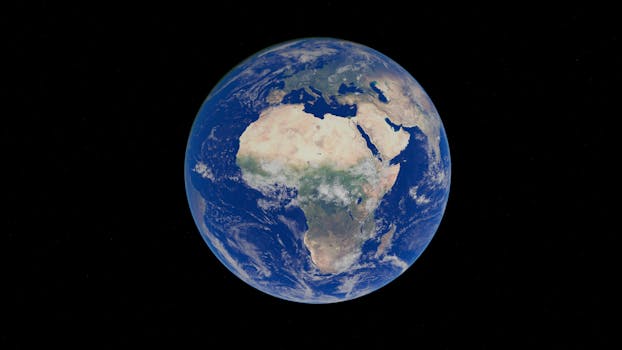
Climate change is an urgent issue that affects global ecosystems in profound ways. This article discusses the impact of climate change on various ecosystems, emphasizing the interconnectedness of these systems and the importance of addressing this global crisis.
Understanding Climate Change

Climate change refers to significant changes in global temperatures and weather patterns over time. While climate change is a natural phenomenon, scientific evidence shows that human activities, particularly the burning of fossil fuels, are accelerating these changes.
The Effects on Terrestrial Ecosystems

Terrestrial ecosystems, including forests, grasslands, and deserts, are undergoing drastic changes due to climate change. Increased temperatures and altered precipitation patterns are affecting plant growth, species distribution, and biodiversity. For example, many tree species are migrating northward or to higher altitudes in search of suitable climates.
The Impact on Aquatic Ecosystems

Aquatic ecosystems, such as oceans, rivers, and lakes, are also significantly impacted. Rising sea temperatures and ocean acidification threaten marine life, particularly coral reefs. Freshwater ecosystems face challenges from altered water levels and increased pollution from runoff, which can lead to harmful algal blooms.
Effects on Biodiversity

Climate change poses a significant threat to biodiversity. Species that cannot adapt quickly enough to changing conditions face the risk of extinction. The loss of biodiversity disrupts ecosystem services, including pollination, water purification, and carbon storage, which are essential for human survival.
Mitigation and Adaptation Strategies

Addressing the impact of climate change on ecosystems requires concerted efforts in mitigation and adaptation. Conservation strategies, reforestation, sustainable agriculture, and pollution reduction are vital in preserving ecosystems and promoting resilience against climate impacts.
Conclusion

The impact of climate change on global ecosystems is profound and far-reaching. Understanding these effects is crucial for developing effective strategies to protect our planet’s biodiversity and ensure a sustainable future. As individuals and communities, we must advocate for policies and practices that mitigate climate change and promote ecological health.





